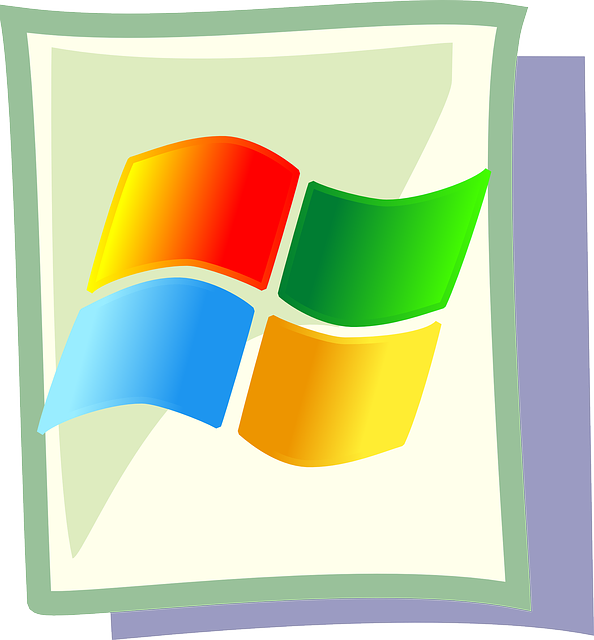The modern retail point-of-sale (POS) has come a long way from the cash register of decades past. “Old school” retail shop owners have come around to the benefits of a modern POS system with a product catalog, barcode capabilities and contactless payment options. Yet many brick-and-mortar retail operators struggle to see the POS as anything more than a fancy cash register.
In reality, today’s cloud-based retail POS systems built for small businesses are so much more. They can function as the central cog of your retail operation, saving you time, improving your customer experience and increasing sales. The key is leveraging software integrations that “plug in” to your point-of-sale to automate tedious back-office tasks and outsource certain aspects of your operation to third-parties that are able to work at a larger economy of scale.
Here are five key integrations that can give your retail business the most bang for your buck and help you stay competitive with larger chain retailers.
1. Ecommerce & online retail
Opening an online store has traditionally been challenging for smaller retailers. Sure, do-it-yourself ecommerce platforms have been around for years, but they require you to design and launch it yourself or hire a web developer. Add to that the upkeep of managing two separate product catalogs—one for your online store and one for your in-store POS—and it’s no wonder many independent retailers bowed out of the ecommerce game altogether.
Omnichannel POS technology has changed that. Starting an online store is now as simple as extending your physical store to an online storefront. And with companies like SpotOn, you can even have your POS technology partner build the online store for you, leaving you with the single responsibility of managing one cloud-based catalog.
2. Shipping & fulfillment
Along with selling online comes the added complication of order fulfillment. Shipping, tracking, returns and finding the best rates can be a huge time-suck. This is where a third-party shipping integration comes in.
By pairing your omnichannel POS with the right retail shipping integration, you can harness the time- and cost-saving capabilities of a partner who specializes in order fulfillment and can get you the best rates across trusted carriers like USPS, UPS and FedEx. Simply choose your shipping options up front so your online customers know exactly what they are paying. From there, you will get alerted when new sales are made so you can print shipping labels and monitor the fulfillment process. The shipping integration partner handles the shipping notifications with your customer, as well as the return process when needed.
3. Local delivery
78% of Americans say they would be more likely to purchase from a store that offers both in-person and online purchase options over a store that offers only one or the other. Once again, an omnichannel point-of-sale solution makes this a possibility for small retailers. In the same way you can use a third-party shipping integration for national shipping, you can use a third-party delivery service to provide same-day delivery for local customers.
Simply add both shipping and local delivery options to the checkout options on your online store and pass on however much of the costs you want to the customer. And when it comes to pricing, your POS integration should also help you save money with an affordable flat-rate delivery fee rather than a commission-based fee.
4. Customer marketing & loyalty CRM software
Leverage the checkout process both in-store and online to build your customer list automatically. Here you’ll want to ensure you choose a POS system with a built-in customer database and marketing tools through the same cloud-based dashboard as your catalog. This ensures one seamless experience from checkout to marketing campaigns and loyalty rewards.
Your POS and online store automatically collect email addresses and/or mobile numbers from new customers. This data is then imported automatically into your cloud-based customer database. From there, you have the ability to easily reach those customers with marketing emails, limited-time deals and customized loyalty rewards to drive repeat business.
5. Accounting
Whether you have an accountant or do the bookkeeping yourself, keeping up with accounting can be time-consuming and costly, even when using accounting software such as Quickbooks. Here, a third-party accounting automation integration such as Shogo can save the day. The integration allows you to save time and frustration by automatically syncing your sales transactions from your POS to the accounting software of your choice.


